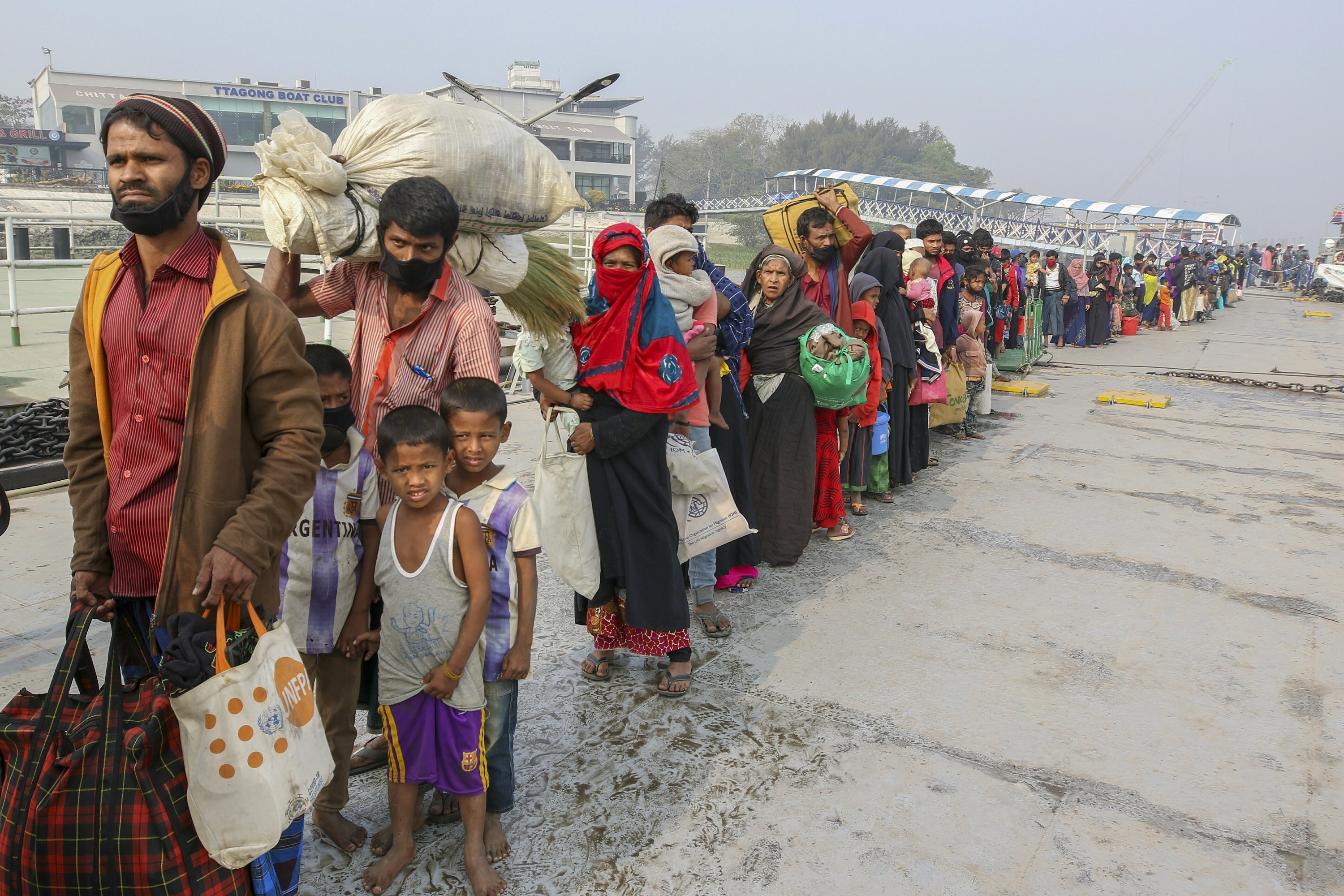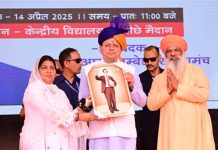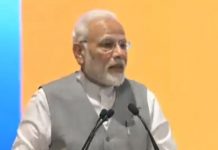
The communal virus so well spread out here in our country has reached such lows that even refugees not spared.
The World Refugee day – 20 June, came and passed by. Without we coming up with anything substantial for their wellbeing and safe survival in our cities and towns.
It’s time to sit back and contemplate: The refugee needs protection and security. After all, he or she and entire families have fled their homelands in utter despair. Also, who knows about the destined turns in our own lives. Who all amongst us will be rendered refugees in the days to come!
It is disgusting-cum-frightening to see how we are hounding the hapless refuge- seekers! Under severe crisis they fled from their native home countries, seeking shelter here in our country, without realizing that they would be treated in the worst possible ways. The communal virus so well spread out here in our country has reached such lows that even refugees not spared. Not to be overlooked the fact that a great majority of the refugees from Bangladesh and Burma happen to be Muslims.
Shouldn’t the UNHCR (United Nations High Commission for Refugees) step in and veto the politicians’ reckless accusations, heaping all possible blame for all the civic woes on the hapless Bangladeshis and Rohingyas living in refuge in our country.
It is actually frightening to visualize the growing numbers of those displaced from their homelands. And with internal strife and outside interventions only intensifying, their numbers would only be increasing. Yet, we are not getting emotionally trained nor sensitized enough to reach out. Tell me, in how many schools or educational institutional there are discussions or meets or talks focusing on the plight of the refugees in today’s so called developed times? Tell me, how many young adults have thought of ways to reach out to the refugee families living in one of their towns and cities? Mind you, surviving in the most dismal of situations with the barest possible means to survive. Not to overlook the fact that the Right-Wing lobbies and mafias under their control all set to target them on any given alibi! Hounding them, pushing them from here to there, in the most humiliating and insulting and barbaric ways.
Each time we see the Rohingya refugees fleeing from one locale to the next, as the government agencies threaten to deport them to Myanmar, many amongst us are left thinking aloud, “Maybe a day comes when we are also forced to flee…Maybe we are Rohingyas in the making. Maybe we end up with the same fate. Look what’s begun in the North East!” Many furthering their apprehensions, “See, what’s happening in Palestine, Syria, Iraq, Yemen… Haven’t you seen shots of the dying Syrian children and also of the hapless Palestinian teenagers and the starving Yemeni kids? Those shots just too hitting!”
What a memorable meeting!
As Eid –ul-Adha is to be observed soon, in the second week of July, so let me write details to one of my earlier meeting with the late Khwaja Hasan Sani Nizami —who was a direct descendant of Sufi Sheikh Nizamuddin Aulia.
I’d met him on Eid-ul-Adha/ Eid of sacrifice, at his New Delhi situated Basti Nizamuddin, where stands out the dargah of Sheikh Nizamuddin Aulia. And it was such a memorable meeting that all those details have remained unmoving!
After reaching the Nizamuddin dargah I walked a very short distance before reaching his home. A well spruced-up tidy place with a courtyard. I was ushered inwards, towards the veranda where he sat reclining on the takht. Didn’t look well but was receiving visitors. Soon a young man came with a tray full of kachoris, qeema with onion slices sprawled by its side, and a bowl of siwain. The food spread gave me an excuse to ask him about the qurbani. How many goats were sacrificed in his home that Eid morning?
“None!” said Nizami sahib. And his answer took me by surprise. As all along one had heard that qurbani was a must. Of course, for those who could afford it and surely this family could.
Perhaps, seeing me look somewhat bewildered, he continued, “For the last 74 years I haven’t had any qurbani done. Because in keeping with the Sufi traditions before the day ends we distribute all the money we have, so that when we retire for the night we are penniless. We live day to day, with just the minimum. And whatever donations are given to the dargah, they are distributed that very day, nothing remains for tomorrow. Who has seen tomorrow! Tell me, who’s seen tomorrow or the day after! This is what our forefathers have been practising all along. But, yes, our relatives whose wives have jewellery do not fit into this category. But I haven’t married, and so there’s no wife and no jewellery!”
What if there’s an emergency… a no- money situation?
“It happened just once, during the Partition upheaval. We had just no money, not even for food, so had to borrow to survive, but no matter what happens we continue to live on a day to day basis, like Hazrat Nizamuddin Aulia did…at times he had not a penny to him but continued. After all, sufis and darveshes are not made of the average fabric! Only the present that matters. I must tell you that the day after the Babri Masjid demolition, a senior diplomat from one of the Western countries was going around here in this area for what he called his ‘own survey of the situation’. And he asked me, ‘Would you be able to see tomorrow’s sun?’ I told him I have left things to God and was confident of seeing the coming morning’s sun and also of having morning tea with him!”
And as my conversation with Nizami sahib went on and more visitors joined in, more snacks and sweetmeats were placed on the table, but Nizami sahib didn’t touch a thing. He didn’t seem inclined to have anything beyond tea. At this point one of the visitors asked him whether it was viral fever he was recovering from.
His this answer made each one of us look taken aback. “No, no viral fever…no fever at all. Actually one of my nephews, Salman, passed away just two days back … he died in Pakistan and I couldn’t even travel for his burial. I have been feeling very upset after we got the news. He had grown up in this very house, scribbled on these walls here… those memories are coming back.”
Why he didn’t tell us this? Why serve us all these snacks?
“Why should my sorrow be a burden for you! Sorrow is anyway a personal experience.” He then went on to tell us more along the strain, “Years back when my mother had been ailing and we had a guest who though was not staying with us but food were taken for him by my father. Even the day my mother passed away, my father took the evening meal and as this guest asked about her health my father replied, ‘She is now resting.’ Its only after that gentleman had finished eating, my father broke the news of my mother’s demise; adding that she’s resting in her grave!” His rationale was: Why tell others of your sorrows. After all, sorrow is yours alone!”













